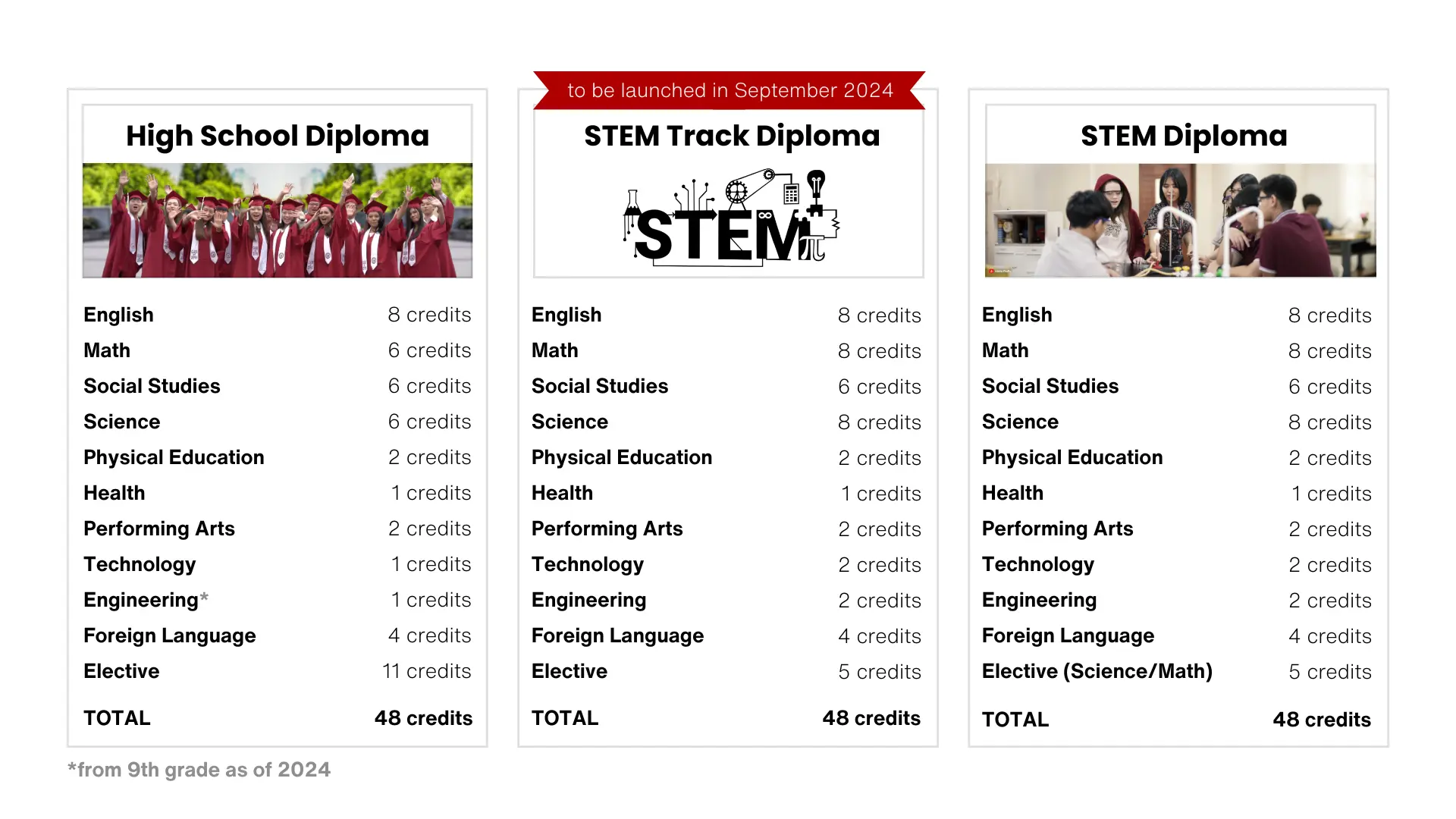Curriculum Middle & High
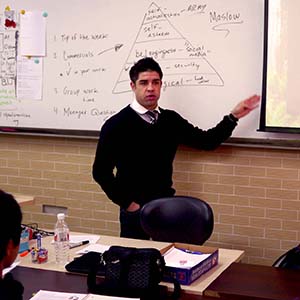
The overarching goal of the English department is to prepare students to be
successful at the college level by providing them with a comprehensive understanding of the
English language. At all grade levels, reading, writing, speaking, and analytical thinking will be
emphasized and assessed. We believe these skills will help strengthen students’ ability to
interpret the world around them.
During their English studies at Saint Paul American School, students begin by mastering the
foundations of English composition, and progressively move to a variety of specific writing,
speaking, and literature courses. Students will analyze and respond to a wide range of literary
texts that encompass a global perspective, with an emphasis on highly energetic, discussion-based
learning experiences.
Along with the core English curriculum, each student must also enroll in at least one Speech
course. The purpose of this requirement is aimed at helping students build confidence, refine
verbal and nonverbal communication skills, and, ultimately, be able to successfully deliver a wide
variety of practical speeches.
Students are also encouraged to engage in programs like Student Newsletter, Yearbook, and Creative
Writing contests. These extracurricular pursuits provide students the opportunity to experiment
with their writing skills and deepen their understanding in unique settings.
Ultimately, we hope to instill in our students a love of literature, as well as the confidence to
communicate effectively.
Courses offered
-
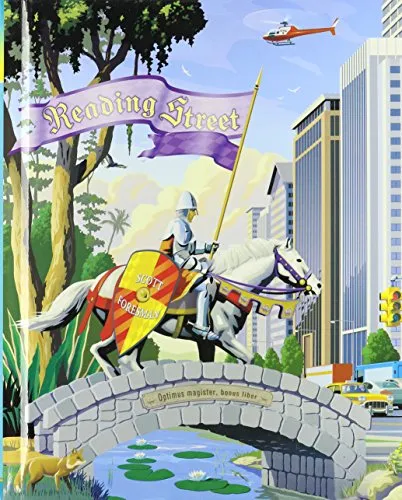 Middle School English 6 (year-long)
Middle School English 6 (year-long)
Course Description: English 6 is a balanced literacy program in which students are challenged to improve in the areas of reading, writing, grammar, vocabulary, spelling, speaking, and listening. Students read and analyze a wide range of literature from different times and cultures, with an increasing emphasis on analyzing informational text on grade level topics in all sixth-grade subject areas. The emphasis in sixth grade is on students’ comprehension of complex narrative and informational texts. Students read two or more texts on a topic and use a variety of comprehension strategies to compare, contrast, and integrate information from the texts. They analyze how structure, point of view, visual elements, and figurative language contribute to the meaning or tone of texts. As their analysis skills deepen, students can identify key individual events and details and use them as evidence to support their analysis and to distinguish claims that are supported by an author from those that are not. Additional analysis skills call for students to compare and contrast one author’s presentation of events with another interpretation. They learn academic language and domain-specific vocabulary through their reading and use it in their writing and speaking.
-
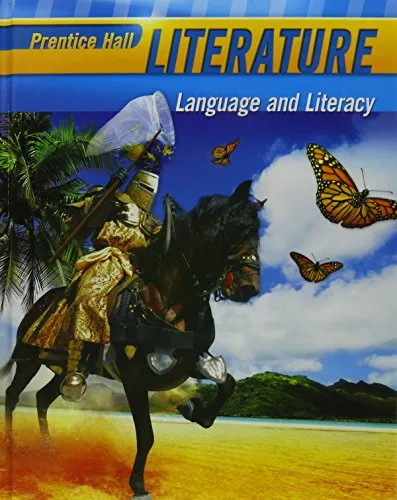 Middle School English 7, 8 (year-long each)
Middle School English 7, 8 (year-long each)Course Description: English 7 and 8 are simply the study of English with an eye to high school and beyond. The course is guided by the Common Core State Standards, which outlines English study as Reading, Writing, Speaking, Listening, and Language. While the students read English literature, they will be taught how to analyze and appreciate it. They will become familiar with literary terms and learn how to recognize and interpret the elements of short stories, novels, poetry, drama, and non-fiction. Students will respond to the literature through Writing, Speaking, and Listening assignments, which will take the form of journals, quick-writes, essays, exams, projects, and speeches. These different responses will vary in length and depth: from basic summation to critical analysis. Student writing will include sentence sense and paragraph practice. Language study will cover the Conventions of Standard English, Knowledge of Language, and Vocabulary Acquisition and Use.
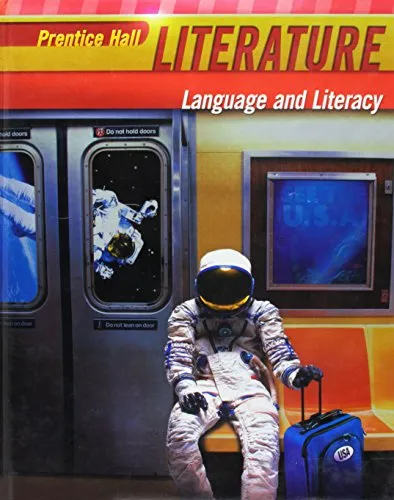
In seventh grade, students read (in eighth grade, read and analyze) a variety of literature, including novels, dramas, and poems. The literature students read in class must be complex enough to support close reading and deep analysis, as well as thoughtful discussion. By reading a wide range of literature from and about different cultures, with varied themes and in several genres, students become familiar with literary structures and increase their vocabulary. Well-written literature also serves as a model for students’ own writing. In their writing, students in seventh grade demonstrate sophisticated writing skills to produce pieces that support a clear purpose and include a more cohesive organization of ideas by using evidence from literary and informational texts. Their writing incorporates the use of technology during development, collaboration, and production. Students demonstrate a command of the conventions of the English language and experience with the stages of the writing process (e.g., prewriting, drafting, revising, editing).
Students in eighth grade produce texts that demonstrate increased sophistication in writing skills and use of language—from vocabulary and syntax to a more cohesive organization of ideas addressing increasingly demanding content and sources. Their writing makes use of technology during development, collaboration, and production. Students demonstrate a command of the conventions of the English language as well as experience with strengthening their pieces through revising, editing, or trying new approaches. Students in eighth grade listen critically to speakers and media presentations for comprehension, identify and analyze information from a variety of media and formats, engage in collaborative discussions, and deliver arguments, narratives, and summary presentations. In their oral presentations, students include multimedia components and visual aids for clarification, use appropriate eye contact and volume, and apply the same conventions of standard English when speaking as in writing.
-
.webp) General English 9 ENG0944/ENG0945 (year-long)
General English 9 ENG0944/ENG0945 (year-long)
General English 9 builds upon the students' prior knowledge of grammar, vocabulary, word usage, and mechanics of writing, and usually include the four aspects of language use: reading, writing, speaking and listening. Usually, the various genres of literature are introduced and defined, with writing exercises often linked to reading selections.
Prerequisites: Graduation from the ESL program
Grade Level: 9 -
.webp) General English 10 ENG1023/ENG1021 (year-long)
General English 10 ENG1023/ENG1021 (year-long)
Course Description: General English 10 offers a balanced focus on composition and literature. Typically, students learn about the alternate aims and audiences of written compositions by writing persuasive, critical, and creative multi-paragraph thematic essays and compositions. The study of literature encompasses various genres as students improve their reading rate and comprehension and develop the skills to determine authors' intent and theme and to recognize the techniques employed by the author to achieve the goal.
Grade Level: 10 -
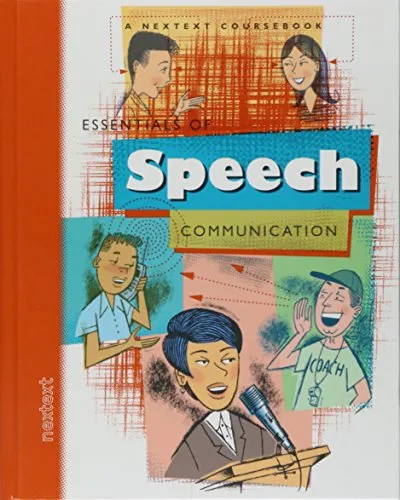
Speech ENG1002 (1 semester long)
Course Description: The primary purpose of Speech is to improve public speaking skills in a variety of settings. For each speech, topic selection, audience analysis, research, outlining, speech writing, and speech delivery will be emphasized. By the end of this course students will have improved verbal and nonverbal communication skills, and will be able to successfully and confidently present speeches in a variety of real-world situations.
Prerequisites: none
Grade Level: 12 -

World Literature ENG1113/ENG1114 (year-long)
Course Description: World Literature is a year-long study of canonical literature spanning the globe. In this course, students will examine short stories, novels, plays, poetry, and nonfiction within a historical and cultural context. Students take part in group discussions and class seminars, write essays, and deliver speeches to demonstrate their growing understanding of the relationship between local concerns and universal questions, the manner in which geography and culture can influence form, and world views of literature itself. Class discussions also encourage students to express opinions and support individual ideas from their readings.
Prerequisites: none
Grade Level: 11-12 - Creative Writing ENG1204 (1 semester long)
Course Description: Creative writing is focused on allowing students to display their creative and expressive writing skills. Exercises and assignments in each of the main literary genres— creative nonfiction, poetry, fiction, and drama—will help students discover their voice and tone while expanding vocabulary, building awareness of audience, and refining flow, context, meaning, and sentence variation. Creative writing will promote critical thinking and help students refine communication skills, which will aid students in writing more interesting essays, enhance their success in other classes, and set them apart in college applications as they continue on in the world of academia. Prerequisites: none Grade Level: 11-12 -
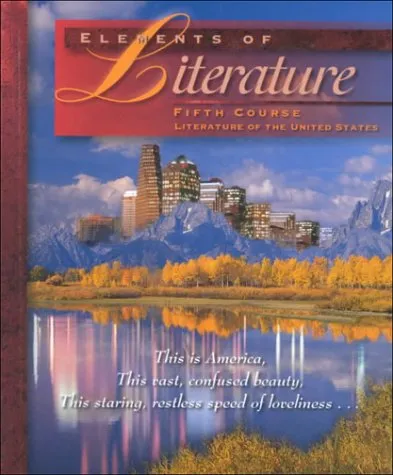
American Literature ENG1213/ENG1214 (year-long)
Course Description: American Literature covers the literature of the United States from the early beginnings of the country until the present. Historical forces impacting the literature, as well as the regional influences, are also examined. The development of critical thinking and vocabulary building, along with writing skills, are emphasized. Prerequisites: none Grade Level: 11-12 - AP Literature and Composition ENG1506/ENG1507 (year-long) Course Description: This class is designed to prepare students for the Advanced Placement English Literature and Composition exam given at the end of the school year. For success in the course, students need advanced English skills as well as a major commitment of their time and effort. During the class, students engage in careful reading and critical analysis of fiction, nonfiction, poetry, and drama. Students are expected to actively engage in class discussions, write critical essays, and deliver oral presentations about the literary texts studied in class. Prerequisites: Lexile score of 1100 and successful honors application Grade Level: 11-12
Courses in the Math department follow as much as possible a traditional American progression of high-school Mathematics classes. These start in Algebra I and continue through college-level Calculus. Emphasis is placed on graphing, functions, and critical thinking. Higher level classes require a high level of English because of the types of questions asked. Students are placed during their first term at Saint Paul American School in the class that best reflects their current Math level with consideration given to English ability. Students who finish our Math program will not only be ready for college courses, but will also be problem-solvers in many aspects of their lives; including finance, statistics, and applied sciences.
Courses offered
-
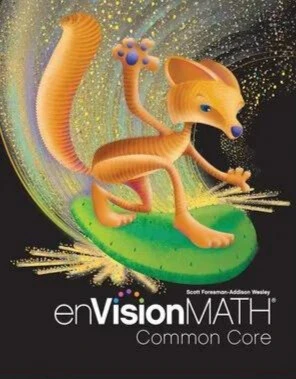 Math 6
Math 6
Course Description: Math 6 introduces students to problem-based interactive learning. The students develop the ability to explore and solve real-world application problems through interaction with the teacher and other students. This course lays the foundation for every subsequent course in mathematics. The topics learned in Math 6 form the basis for future math courses such as pre-Algebra.
-
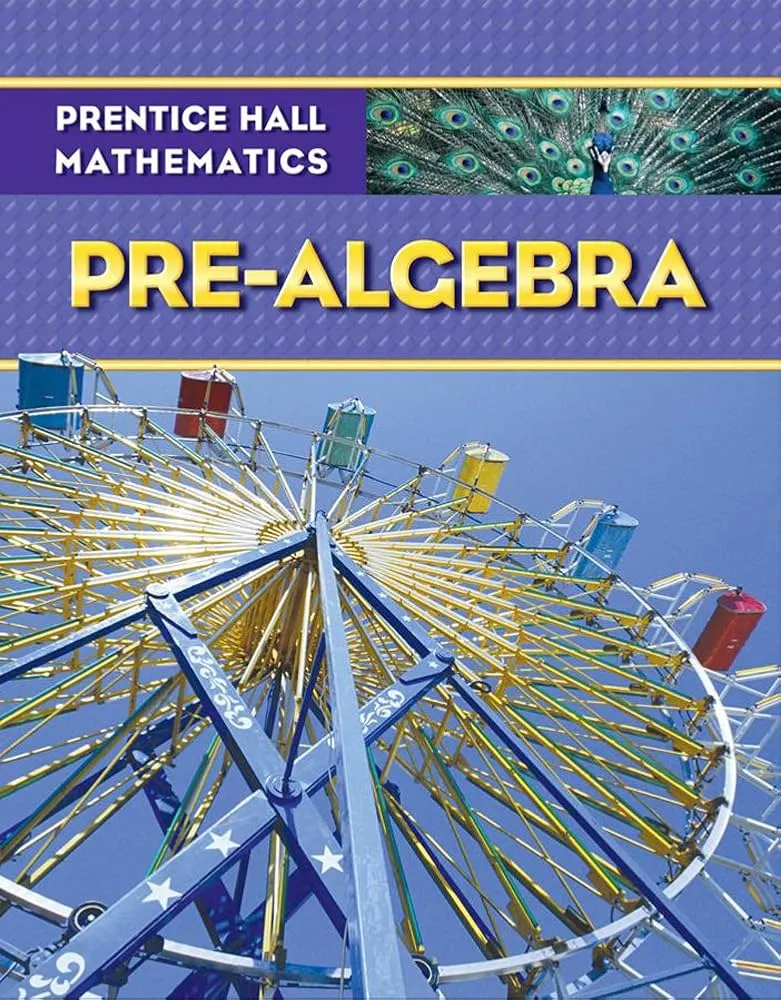 Pre-Algebra
Pre-Algebra
Course Description: This course focuses on developing fluency with rational numbers and proportional relationships. Students will extend their elementary skills and begin to learn algebra concepts that serve as a transition into formal Algebra and Geometry. Students will learn to think flexibly about relationships among fractions, decimals, and percent. Students will learn to recognize and generate equivalent expressions and solve single-variable equations and inequalities. Students will investigate and explore mathematical ideas and develop multiple strategies for analyzing complex situations. Students will analyze situations verbally, numerically, graphically, and symbolically. Students will apply mathematical skills and make meaningful connections to their life experiences.
-
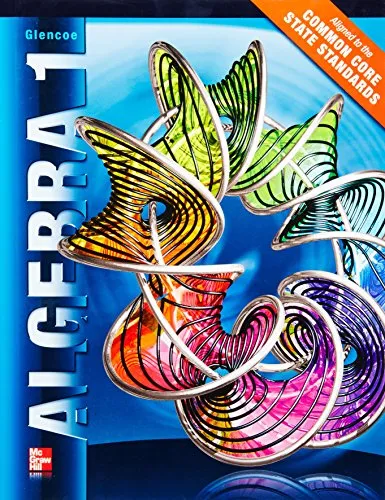 Algebra I
Algebra I
Course Description: This first-year course is the study of patterns and structure within the real number system. Topics include working with equations, graphing, and problem-solving strategies. Students become adept at solving problems that require the integration of a variety of mathematical concepts.
Prerequisites: Pre-Algebra (or have equivalent math skills).
Grade Level: 7-9
- Honors Algebra I MAT0914/MAT0915 (year-long)
Course Description: This first-year algebra course is designed for the highly-qualified,
motivated student who is committed to a challenging course of study during each year of high
school. The development of algebraic strategies to enhance problem-solving skills and the study
of structure within the real number system form the basis of this course.
Prerequisites: Pre-Algebra and successful honors application
Grade Level: 7-9 -
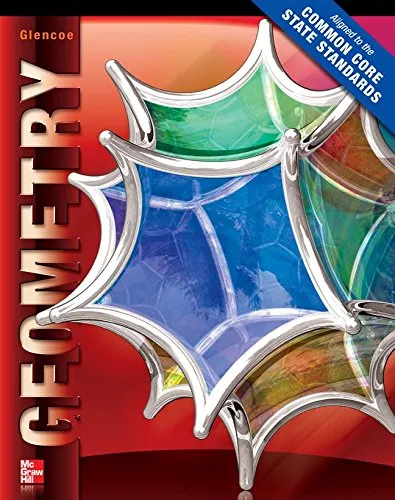 Geometry
Geometry
Course Description: This one-year course is a logical development of the inductive and deductive systems of reasoning. Emphasis is on developing visualization abilities, analytical skills, and logical reasoning through activity-oriented methods of instruction. The prerequisite for this course is successful completion of Algebra I.
Prerequisites: Algebra I (or have equivalent math).
Grade Level: 8-11 - Honors Geometry MAT1009/MAT1010 (year-long)
Course Description: This one-year course provides advanced study in Geometry for the more capable student. It is a rigorous, logical development of the deductive system of reasoning. Emphasis is on the development of logic, formal proofs, and algebraic applications to geometry. The prerequisite for this course is successful completion of Algebra I Honors.
Prerequisites: Algebra I and successful honors application
Grade Level: 8-11 -
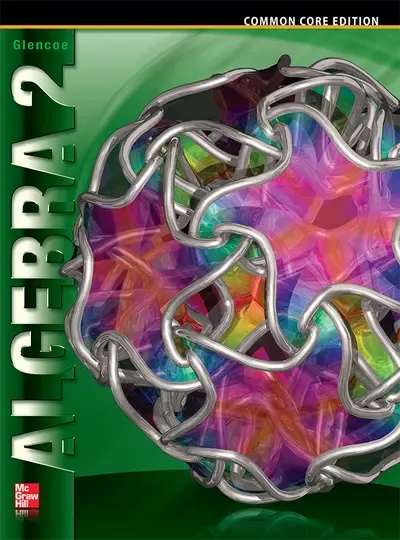
Algebra II
Course Description: This second-year course in algebra represents a mathematical progression from the concept of numbers as experienced in arithmetic to the notion of properties of numbers without regard to their value, a necessary tool for science applications. Formal abstraction will enable students to understand and analyze data in many occupational and academic fields. - Honors Algebra II MAT1214/MAT1215 (year-long)
Course Description: This second-year algebra course is designed for students who desire a
more rigorous course of study than in the standard Algebra II curriculum. Students will develop
a more in-depth study of the concept of numbers from arithmetic to the notion of discrete
mathematics. Formal abstraction will enable students to understand and analyze data in many
occupational and academic fields. Emphasis is placed on proof of mathematical assertions
assumed in other courses.
Prerequisites: Geometry and successful honors application
Grade Level: 9-12 - Math Topics MAT1107/MAT1108 (year-long)
Course Description: Math Topics builds upon Algebra 2 to provide mastery of math in daily
life and for university coursework in non-math courses. Students will learn to interpret
mathematical relationships, estimate values, and present data. This course will emphasize
critical thinking and communication skills as students gain strong math acumen for academic
and professional life.
Prerequisites: Algebra II
Grade Level: 10-12 -
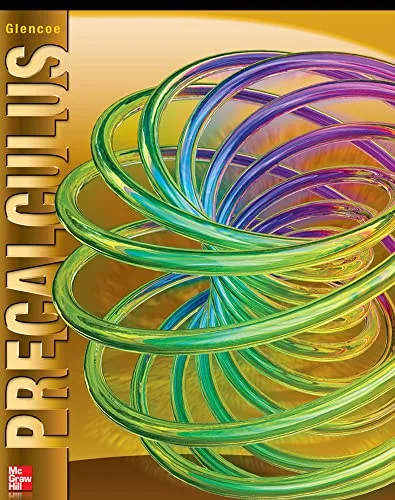
AP Pre-calculus
Course Description: Pre-calculus is the in-depth study and application of advance algebra, analytic geometry, and trigonometry; with emphasis on the use of technology, modeling, and problem-solving. The goals are to provide students with the critical-thinking skills and the mathematical know-how needed to succeed in college. As statistics is increasingly used in college course work, the work place, and everyday life this course includes an introduction to combinatorics and statistical analysis. The purpose of this course is to prepare students for Calculus.
Prerequisites: Algebra II with a C- or higher (or have equivalent math skills).
Grade Level: 10-12 -
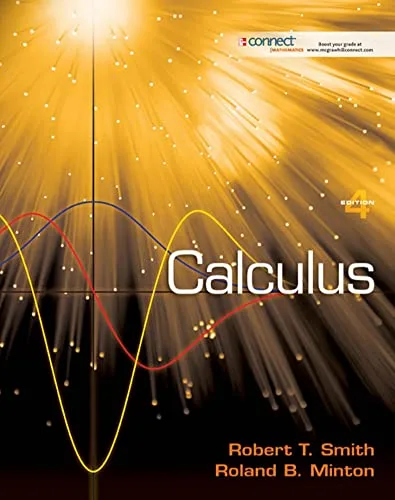
AP Calculus
Course Description: Calculus is a study of trigonometry, advanced Algebra, elementary analysis, and plane, solid and analytic geometry designed to provide critical processing skills necessary for success in Calculus. The use of technology will be incorporated in the course. Emphasis will be placed on justification of answers through various forms of communication including writing.
- AP Statistics MAT1508/MAT1509 (year-long)
Course Description: This course is designed to cover the four main topics on the AP Statistics
exam: exploratory data analysis, planning and conducting a study, probability, and statistical
inference. Topics will include: categorical and quantitative data, proportions, one sample means,
matched pairs means, regression analysis, z-test, t-test, chi square test, z-intervals and paired
ttests,
amongst others. This course requires the use of a graphing calculator. This class is not as
calculation rich as our other math offerings since the calculator or computer does most of the
tedious calculations. Your job will be to understand which statistical procedure to apply and
how to interpret the results.
Prerequisites: Algebra II with a B- or higher and successful honors application
Grade Level: 11-12
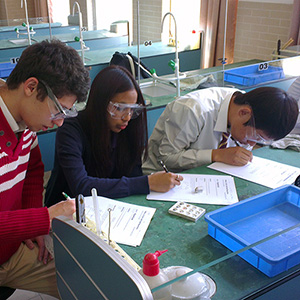
The Science department at Saint Paul American School follows a sequential, inquiry-based learning program, dedicated to fostering an appreciation for the essential concepts of scientific thought. At all grade levels of science studies, students learn through a variety of hands-on experiences, including experiments, observations, and discussions regarding foundational scientific concepts. Students are encouraged to learn through the process of discovery, with emphasis on critical thinking and analysis. Students begin with an introductory Physical Science course, covering the basic makeup of the world, from atoms to Newton’s laws. Students then progress to Biology, learning about the basics of anatomy, ecology, and the fundamentals of biochemistry. Chemistry follows, with an emphasis on precision and accuracy in scientific writing. Finally, students culminate their studies with high-level classical and modern Physics. The ultimate goal of the department is to allow students to learn and arrive at their own understanding of the world through exploration. We also hope to equip students with the confidence to utilize the scientific method in various aspects of their examination of the world around them.
Courses offered
-
 Earth Science
Earth Science
Course Description: Students in middle school continue to develop their understanding of the three disciplinary core ideas in the Earth and Space Sciences. The middle school performance expectations in Earth Space Science build on the elementary school ideas and skills and allow middle school students to explain more in-depth phenomena central not only to the earth and space sciences, but to life and physical sciences as well. These performance expectations blend the core ideas with scientific and engineering practices and crosscutting concepts to support students in developing useable knowledge to explain ideas across the science disciplines. While the performance expectations shown in middle school earth and space science couple particular practices with specific disciplinary core ideas, instructional decisions include use of many practices that lead to the performance expectations.
Grade Level: 6
-
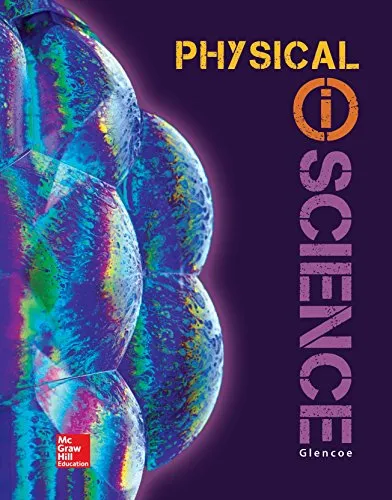 Physical Science
Physical Science
Course Description: The eighth grade science curriculum is aligned with the Next Generation Science Standards for middle school. Students are expected to build upon the skills from seventh grade and by the end of the year, meet the Middle School Next Generation Science Standards in Physical Science, specifically Matter and its Interactions; Motion and Stability: Forces and Interactions; Energy; and Waves and Their Applications in Technologies for Information Transfer. Sixth grade science focuses on Life Science, seventh grade science focuses on Life Science, and eighth grade science focuses on Physical Science.
Grade Level: 7-8
-
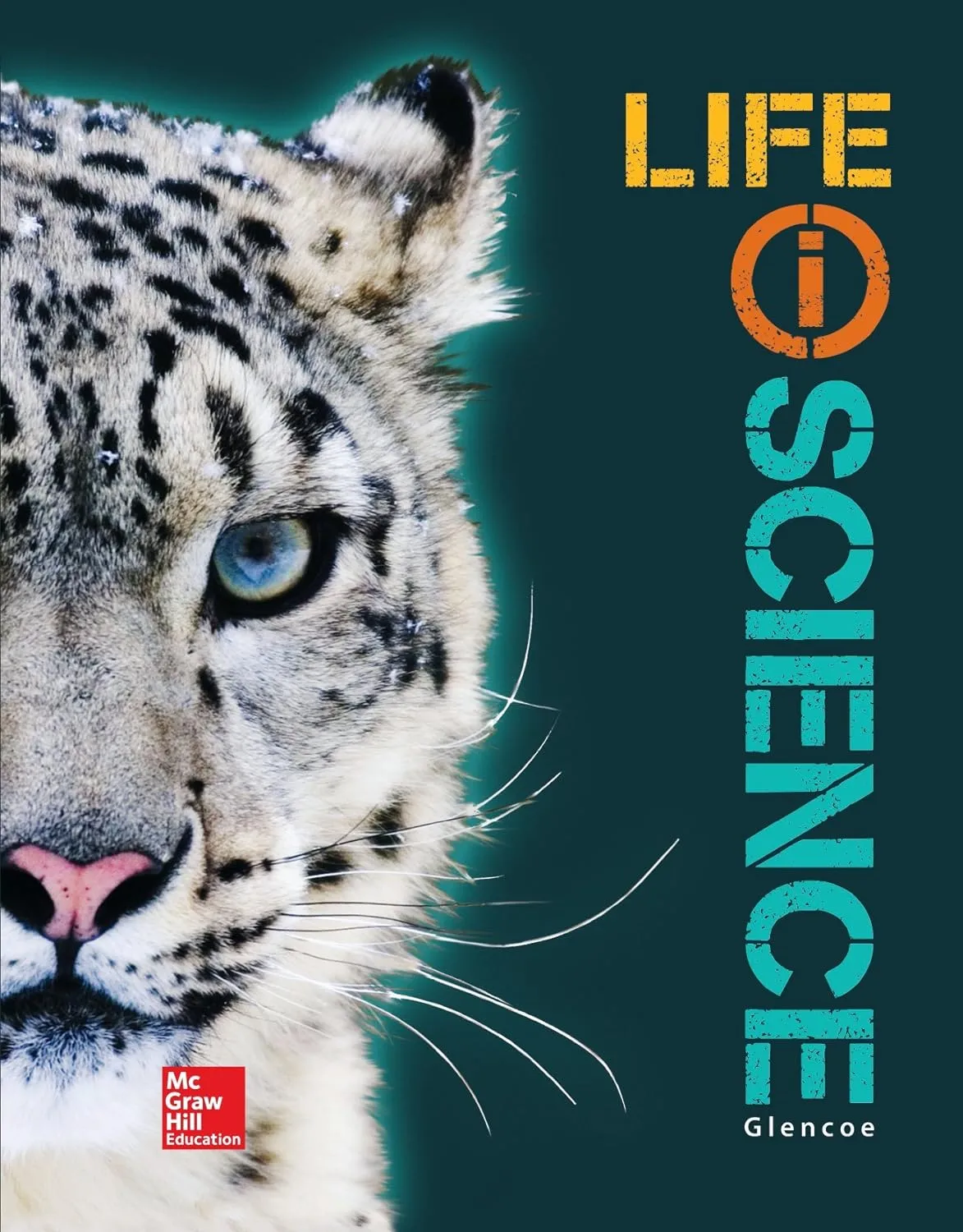 Life Science
Life Science
Course Description: The seventh grade science curriculum is aligned with the Next Generation Science Standards for middle school. Students are expected to build upon the skills from sixth grade and by the end of the year, meet the Middle School Next Generation Science Standards in Life Sciences, specifically From Molecules to Organisms: Structures and Processes; Interactions, Energy, and Dynamic Relationships in Ecosystems; Heredity: Inheritance and Variation of Traits; and Biological Evolution: Unity and Diversity. Sixth grade science focuses on Life Science, seventh grade science focuses on Life Science, and eighth grade science focuses on Physical Science.
Grade Level: 7-8
-
 Biology
Biology
Course Description: Biology is devoted to the study of living things and their processes. Throughout the year this course provides an opportunity for students to develop scientific process skills, laboratory techniques, and an understanding of the fundamental principles of living organisms. Students will explore biological science as a process, cell structure and function, genetics and heredity, evolution and classification, diversity of living organisms and their ecological roles.
-
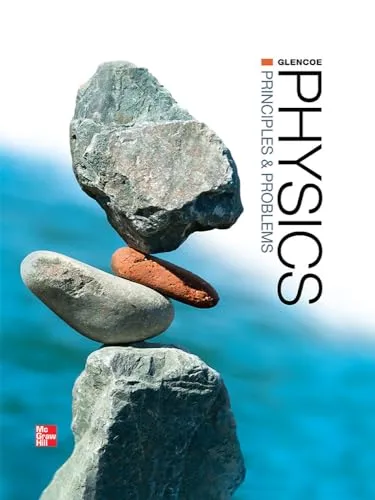 Physics
Physics
Course Description: Physics is the application of mathematics to real-world situations in order to understand how the universe around us works. This AP Physics 1 course is an algebra-based course in general physics. The focus of this course is on both understanding the physical concepts and applying them. In order to do this, we will focus on 6 “Big Ideas”.
-
 Chemistry
Chemistry
Course Description: Chemistry is the study of the principles of matter and the changes that matter undergoes. In the fall semester, students will develop scientific skills as they explore atomic structure, the periodic table, chemical bonding, chemical formulas and compounds, and chemical reactions. In the second semester, students will study stoichiometry, gases and phase changes, solutions, kinetics and equilibrium, acids and bases, and organic chemistry.
- Honors Biology SCI1205/SCI12106 (year-long)
Course Description: This one-year course is a rigorous presentation of introductory biological
concepts designed for the serious, academically-oriented student. Emphasis is particularly placed
on developing critical-thinking skills, research skills, and laboratory techniques. Independent
study projects are an integral part of course requirements.
Prerequisites: Physical Science and successful honors application
Grade Level: 10
-
 AP Biology SCI1506/SCI15107 (year-long)
AP Biology SCI1506/SCI15107 (year-long)
Course Description: The AP Biology course is designed to enable you to develop advanced inquiry and reasoning skills, such as designing a plan for collecting data, analyzing data, applying mathematical routines, and connecting concepts in and across domains. The result will be readiness for the study of advanced topics in subsequent college courses.
Prerequisites: Biology or Honors Biology and successful honors application.
Grade Level: 11-12 - Robotics
Course Description: STEM with Robotics on Ramp is a special course given to middle and high school students. In this course, students are introduced to VEX IQ components and the best practices for using them. They will also be introduced to ROBOTC Graphical, the programming software for the course. This friendly-user software allows students to update their robot’s firmware, drag-and-drop commands to create programs using simple behaviors or sensor utilities, and finally, make robots decide on their own using conditional logic. The course also encourages them to use pseudocodes and flowcharts to emphasize the development of computational thinking. This is also the only course that contains a discussion about programming remote-controlled movements. The Search and Rescue Challenge will be the capstone activity where learners must incorporate their acquired knowledge and skills in basic programming, using sensor data, and creating program flows. The STEM with Robotics on Ramp course guide can be implemented with either the VEX IQ or EV3 platforms.
- I-Engineering
Course Description: I-Engineering is an engineering curriculum aligned with Next Generation Science Standards. It includes two design units focused on sustainable communities: designing and creating green-energy powered classroom solutions. This approach values learning and doing engineering with communities, promoting a healthier, happier, and more just world. Students learn to balance community needs and rights with technical problem-solving. A sustainable community approach encourages collaboration between teachers and students to address local and systemic challenges. It encourages a diverse set of expertise, encouraging students to use their knowledge for long-term career goals and not rely on outside experts. The Engineering for Sustainable Communities (EFSC) approach involves problem-solving and design practices, allowing students to iterate and optimize their designs. This approach supports students in making sense of problems and solutions, developing their engineering identities, and making a difference in their communities.
- STEM Capstone
Course Description: A research capstone is an academic undertaking in which students utilize their knowledge and skills to examine a topic of their choosing. It usually entails substantial study, critical thinking, problem solving, and presentation abilities. A capstone project allows middle and high school students to engage extensively with a subject they are passionate about while simultaneously acquiring critical academic and life skills.
The Social Studies Department at St. Paul American School offers Government,
History, Geography, and Economics classes that seek to prepare students to become educated global
citizens. As students progress through their course of study at St. Paul American School, the
department hopes that students will be made aware of various cultures and understand how they have
developed over time.
Students begin with the foundational courses of Geography and American Government. These courses
provide a framework for both American and World History, with culminating courses analyzing
economic principles that drive current industrial markets.
Along with the standard Social Studies curriculum, students also have the opportunity to enroll in
Social Studies electives, which include Current Events and Social Issues. These courses allow
students to read and discuss real-world news events, case studies, and legal proceedings, thereby
furthering their understanding of how the world functions as a global community.
Finally, the model UN is a great opportunity for students to come together to collaborate and
discuss contemporary world issues.
The overarching goal of the department is to provide students with the skill set necessary to help
them become informed decision-makers that will them to make a positive impact in the world.
Courses offered
- MS Social Studies
Course Description: MS Social Studies exposes students to world events from the early beginnings
of civilization to those of the modern world. Themes addressed in every unit include those aligned
with geography, economics, government, citizenship, culture, science, and technology.
-
 MS Ancient History
MS Ancient History
Course Description: Ancient World History students are introduced to ancient history from early humans to Ancient Egypt to Ancient Greece to the Middle Ages. Students take a trip around the world in their explorations in social studies. The social studies content follows the American Education Reaches Out Social Studies standards. These standards focus on skill-based learning targets that students needs for analyzing, explaining, and other critical thinking.
Grade Level: 6-7 -
 MS Modern World History
MS Modern World History
Course Description: Modern World History students are introduced to world history from the end of the Middle Ages to explorations to the Americas to World War I and II to modern day. Students take a trip around the world in their explorations in social studies. The social studies content follows the American Education Reaches Out Social Studies standards. These standards focus on skill-based learning targets that students need for analyzing, explaining, and other critical thinking.
Grade Level: 7-8 -
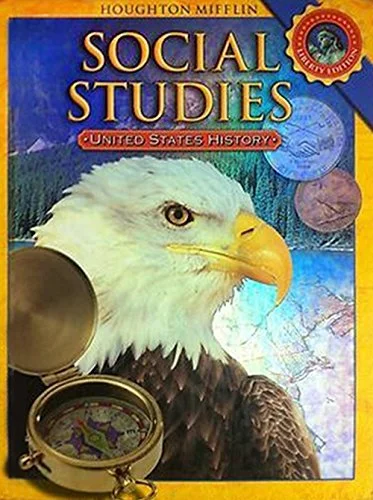 MS US History
MS US History
Course Description: In Grade 8, US History students are introduced to US history from the beginning of western exploration to the Americas to the American colonies to the American Revolution to the Civil War and Reconstruction. The social studies content follows the American Education Reaches Out Social Studies standards. These standards focus on skill-based learning targets that students need for analyzing, explaining, and other critical thinking.
Grade Level: 7-8 -
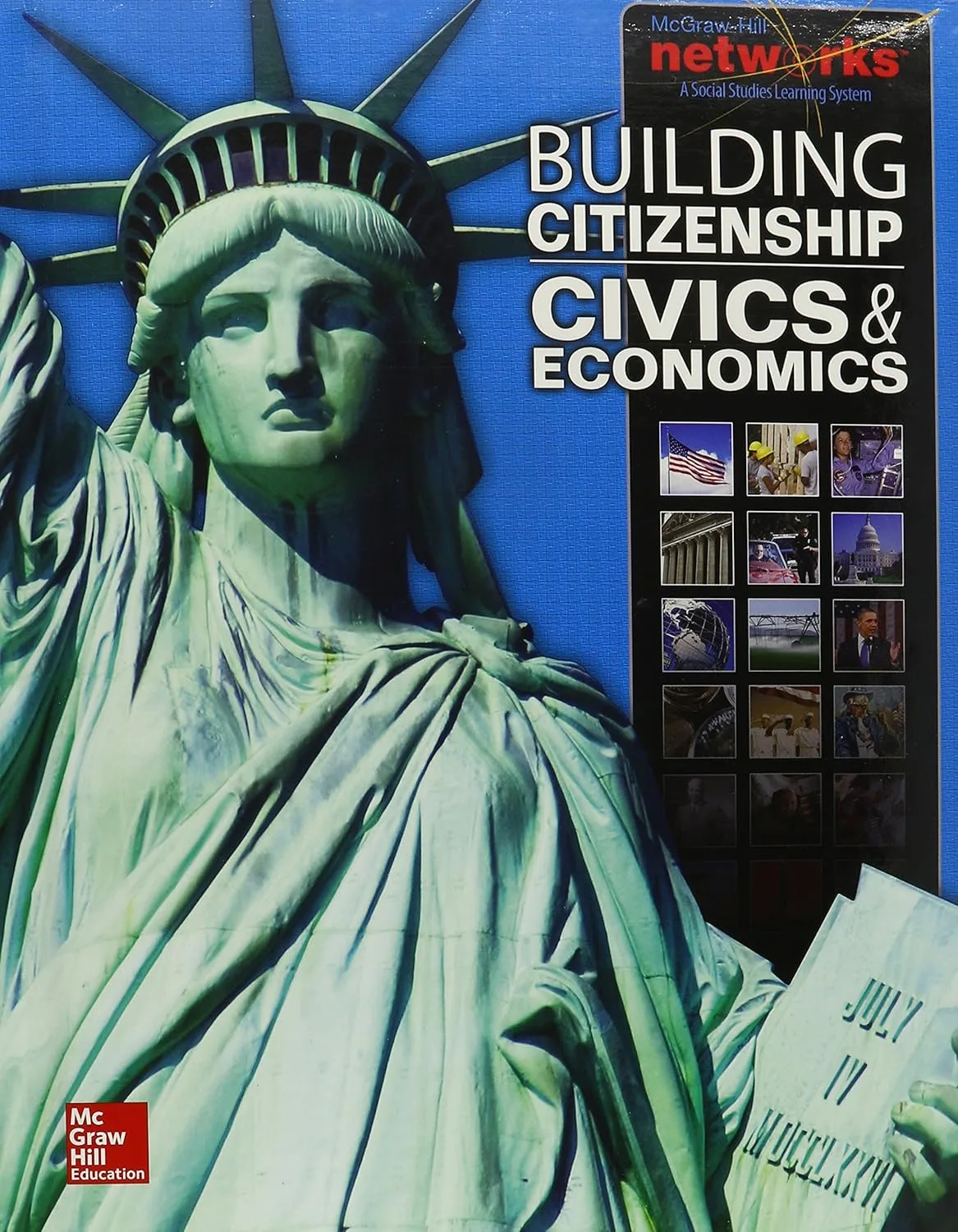 Civics (Elective)
Civics (Elective)
Course Description: Civics is the study of the rights and duties of citizens. In this Civics course designed for 8th and 9th graders, the students will study civics as it relates to the United States and the United State government. Additionally, students will explore the origins of our democracy; learn about our government’s political and economic structure; research a variety of issues; and engage in community service. The course follows the American Education Reaches Out Social Studies standards, specifically standard 6: Government. This standard states that students will understand why societies create and adopt systems of governance and how they address human needs, rights, responsibilities, and citizenship. The other standards focus on skill-based learning targets that students need for analyzing, explaining, and other critical thinking.
-
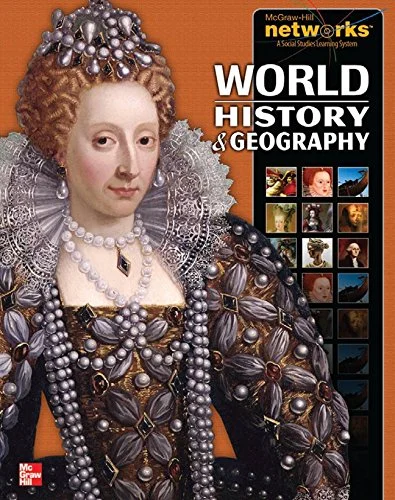 World History
World History
Course Description: This course is a survey of world events from the early beginnings of civilization over 3 million years ago through the modern world. Themes addressed in every unit include those geography, economics, government, citizenship, culture, science, and technology. Examples of important concepts such as the development of Constitutionalism and Global Relations are examined. A variety of methods will be used to measure student learning, including quizzes, tests, analysis of primary source documents, research projects and group activities.
Grade Level: 10 - Honors World History SOC1112/SOC1113
Course Description: This one-year course is an in-depth study of world history through the
disciplines which comprise the humanities: the arts, architecture, philosophy, literature,
theater, and music. It traces the evolution of political, social, religious, technological, and
economic institutions from prehistoric to modern times. The emphasis is on European, Asian,
African, Latin American, and the Middle Eastern civilizations. Students will be involved in
historical research, analysis of primary source documents, and essay writing.
Prerequisites: Government Course and successful honors application
Grade Level: 10
- AP World History SOC1513/SOC1514
Course Description: This one-year course is an in-depth study of world history. The AP World
History course is structured around the investigation of five course themes and 19 key concepts in
six different chronological periods, from approximately 8000 B.C.E. to the present. The course
themes are: Interaction Between Humans and the Environment, Development and Interaction of
Cultures, State Building, Expansion, and Conflict, Creation, Expansion, and Interaction of
Economic Systems, and Development and Transformation of Social Structures
Prerequisites: Successful honors application
Grade Level: 10-12
-
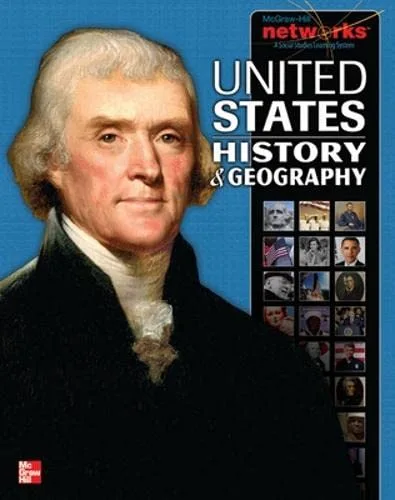 US History
US History
Course Description: This course will offer students a chance to observe how the United States evolved, from the American Indians to the present day. Students will study the origins of the country, the mistakes and successes in its development, and Americas potential role in the future. The goal is for students to learn from America’s trials and tribulations and apply the learned material to make educated decisions in the future.
- Honors US History SOC1110/SOC1111 (year-long)
Course Description: US History will give students the opportunity to learn in depth, how the
United States evolved to become what it is today. Students will study the origins of the country,
the mistakes and successes in its development, and Americas potential role in the future. The goal
is for students to learn from America’s trials and tribulations and use their newly acquired
knowledge to make educated decisions in the future.
Perquisites: Government Course and successful honors application
Grade Level: 11
-
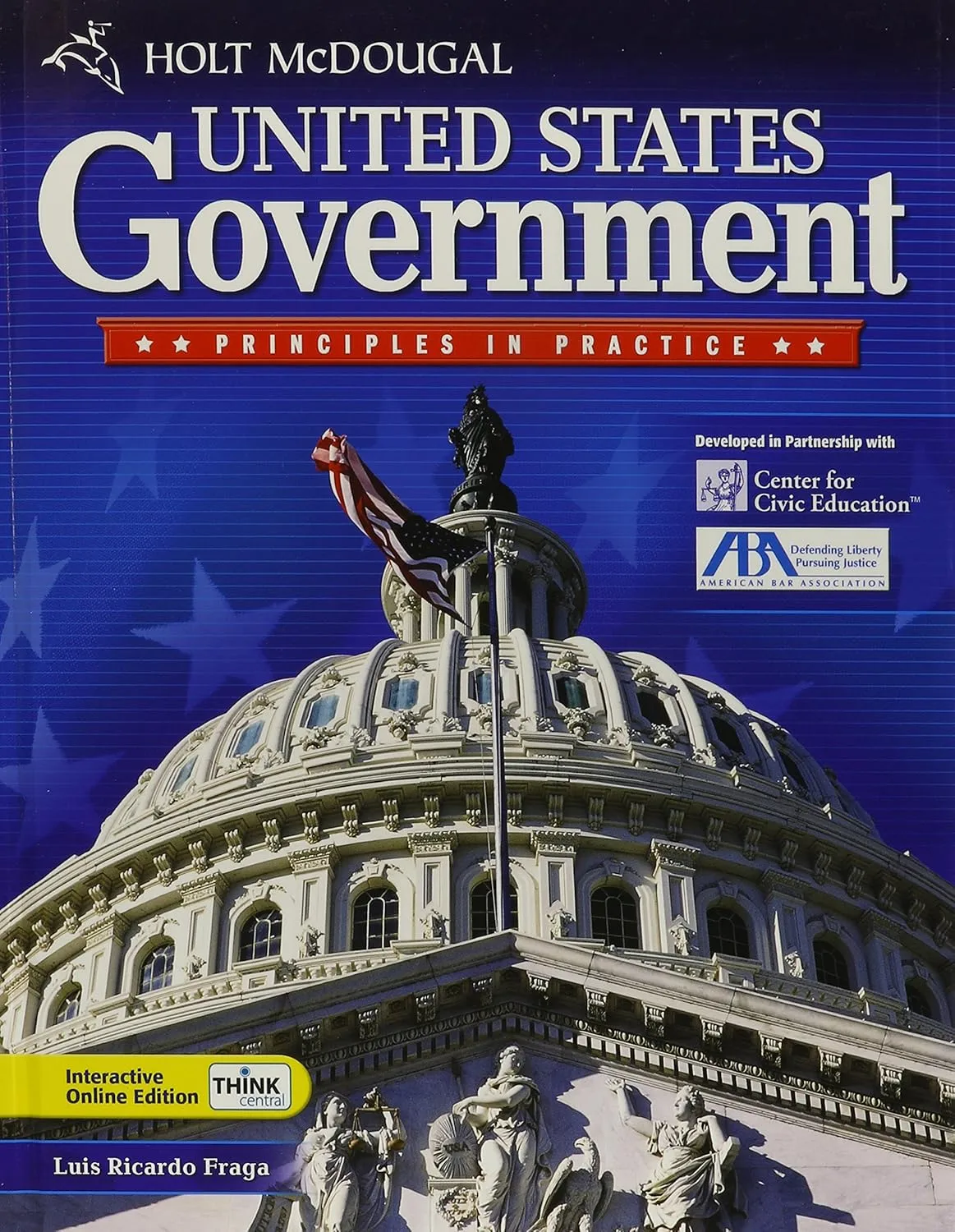 American Government (1 semester long)
American Government (1 semester long)
Course Description: This course is designed to introduce students to the basic structure of the US government and how each student can participate in government, whether in the US or abroad. The course will cover the Constitutional underpinnings of the origins of US government; the political beliefs and values that support American government; our civil rights and civil liberties; and the role that political parties, interest groups, political institutions, and the media play in forming political decisions. Furthermore, discussions will be made over core American values of equality, liberty, and self-government through a variety of projects that will give students a first-hand look at how change is made through established political systems.
-
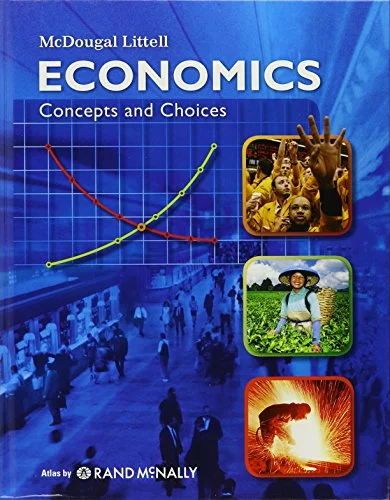 Economics (1 semester long)
Economics (1 semester long)
Course Description: This class is an introduction to economics. The course will be split into two sections. The first section focuses on microeconomics. We will cover economic systems, market structures, and the roles of government, consumers, and producers in these systems. The second section focuses on macroeconomics. We will cover money and banking, government intervention, financial markets, and international trade. Upon completing these two sections, students will be empowered to understand and help correct societal problems.
-
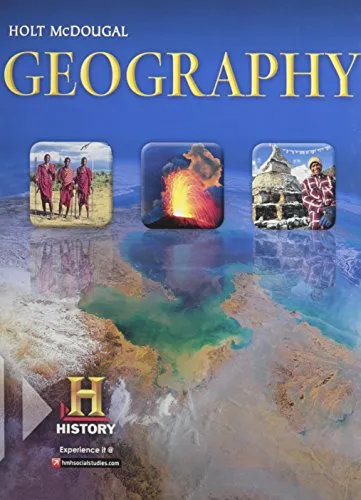 Geography (1 semester long, Elective)
Geography (1 semester long, Elective)
Course Description: In this one semester course, students will examine the physical and human geography of the world. A focus will be placed on climate, ecosystems, population, culture, maps, and resources within North America, Europe, Africa and Asia
- AP Psychology SOC1509/SOC1510 (year-long)
Course Description: The AP Psychology course is designed to introduce students to the systematic
and scientific study of the behavior and mental processes of human beings and other animals.
Students are exposed to the psychological facts, principles, and phenomena associated with each of
the major subfields within psychology. They also learn about the ethics and methods psychologists
use in their science and practice. Students will discover the biological, social, and learned
reasons for behavior.
Prerequisites: Successful honors application
Grade Level: 11-12
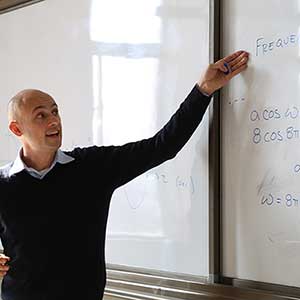
The modern language program at Saint Paul American School is dedicated
to both helping students master a foreign language, as well as introduce them to the subtleties of
a culture different from their own. Students are enrolled in two language classes a day, which
focus on both oral and written Components. As students progress through the program, courses
increasingly focus on HSK (HanYu ShuiPing KaoShi) mastery, including levels HSK 3-6, with the
expectation that all graduates will reach the point of both spoken and written fluency in
Chinese.
In an increasingly globalized world, language acquisition is a necessary step in promoting
cultural awareness. Our unique concept of high school establishes a mutual credit exchange and
dual diploma system between Saint Paul Preparatory School in the US, and the Second School
Attached to Beijing Normal University. Many graduates continue to study both Chinese and English,
recognizing the importance of multilingualism. Spanish is also an emerging curriculum addition
that allows students to add or third or fourth language to their skill set.
Mastery of Chinese and English language ultimately prepares students to be global leaders in a
wide variety of fields; with this goal in mind, the modern language program works diligently to
prepare students for professional success in the global community.
Courses offered
Saint Paul American School has implemented an Experiential Learning Curriculum into the Chinese Language & Culture course. This program has been developed specifically for our students; allowing them to gain valuable real world experience using the Chinese Language as well as learning Chinese history and culture through hands on encounters. All students that participate in this program follow our LEAP format: Learn material, Experience Chinese culture and language in the form of experiential learning, and then Apply and Present this material to their peers.
- Chinese I FOR1117 (1 semester long)
Course Description: This course will introduce Pinyin, basic Chinese vocabulary, and useful
terms and phrases in typical everyday conversations. We will help students experience and
adapt to the atmosphere of speaking with native Chinese speakers. Students will grasp Chinese
phonetics, tones and rhythms, and about 320 common Chinese words. Students can say simple
and more typically well-known Chinese phrases, such as those used in self-introductions, and
will also be able to conduct most routine communicative tasks for personal needs in Chinese,
such as making an appointment, making an acquaintance, paying a visit, dating, shopping, etc.
Prerequisites: none
Grade Level: 7-12 - Chinese II FOR1118 (1 semester long)
Course Description: Students will continue to explore the communicative functions of the
previous semester from Chinese I. This is particularly evident in the first five units. In Unit 6,
a new topic is introduced about environmental protection. This parallel type content gives the
students a more in-depth training in the communication skills targeted. The tasks focus on the
communication skill required for daily life. As these tasks are extended both in depth and width,
the students' vocabulary will be enlarged, and so will the ability to conduct daily
communication. This will act as a bridge to their further Chinese study.
Prerequisites: Chinese I or instructor approval
Grade Level: 7-12 - Chinese III FOR1101 (1 semester long)
Course Description: This course will concentrate on practicing of listening, speaking, reading,
and writing to improve students’ Chinese fluency. Students will learn to scan for information,
expand vocabulary, and strengthen their knowledge of grammatical structures. Students will
take part in everyday conversations in Chinese about familiar topics. Students will use more
complex sentence structures, grammar patterns, and will express their opinions using basic yet
appropriate expressions and language norms in Chinese.
Prerequisites: Chinese II or instructor approval
Grade Level: 7-12 - Chinese IV FOR1102 (1 semester long)
Course Description: Students in Chinese IV will learn more Chinese vocabulary, useful terms,
grammar points and Chinese culture. Students should grasp about 500 new Chinese words. To
cope with the general needs of conducting daily communication, the sentence's patterns and
grammar concepts presented to students will be in an order that emphasizes functional usage.
The language materials are arranged within situational topics.
Prerequisites: Chinese III or instructor approval
Grade Level: 7-12 - Chinese V FOR1016 (1 semester long)
Course Description: Students in level 5 will practice listening, speaking, reading and writing
to improve students’ Chinese fluency. Students will learn to scan for information, expand
vocabulary, and strengthen grammatical structures and know more about Chinese culture.
Students will read and comprehend the text and will actively utilize new words; the grammar
aspect analyzes some comparatively complex sentence patterns to train the students to use more
complex sentence structures and grammar patterns.
Prerequisites: Chinese IV or instructor approval
Grade Level: 7-12 - Chinese VI FOR1017 (1 semester long)
Course Description: This course is designed for students who have a vocabulary of at least
1100 words and have completed the primary Chinese courses. The course will prepare the
students to demonstrate their level of Chinese proficiency as high as being able to learn in a
Chinese speaking college or university. Communicative modes of teaching are provided to help
students with their Chinese language skills in interpersonal, interpretive and presentational
ways.
Prerequisites: Chinese V or instructor approval
Grade Level: 7-12 - HSK III FOR0906 (1 semester long)
Course Description: HSK III is a test-preparation course with an aim at mastery of all reading,
writing, speaking, and listening skills necessary for success taking the HSK 3 exam. Students
will learn new words, as well as grammar elements and phrases, and will also refine their
speaking and listening skills. Finally, classes will compliment students’ daily Chinese class.
Prerequisites: Concurrent enrollment in Chinese III
Grade Level: 7-12 - HSK IV FOR0907 (1 semester long)
Course Description: HSK IV is a test-preparation course with an aim at mastery of all reading,
writing, speaking, and listening skills necessary for success taking the HSK 4 exam. Students
will learn new words, grammar elements and phrases, and will also refine their speaking and
listening skills. Finally, classes will compliment students’ daily Chinese class.
Prerequisites: HSK III or instructor approval
Grade Level: 7-12 - HSK V FOR0908 (1 semester long)
Course Description: HSK V is a test-preparation course with an aim at mastery of all reading,
writing, speaking, and listening skills necessary for success taking the HSK 5 exam. Students
will learn new words, as well as grammar elements and phrases, and will also refine their
listening skills. Classes will compliment students’ daily Chinese class.
Prerequisites: HSK IV or instructor approval
Grade Level: 7-12 - HSK VI FOR0909 (1 semester long)
Course Description: HSK VI is a test-preparation course with an aim at mastery of all reading,
writing, speaking, and listening skills necessary for success taking the HSK 6 exam. Students
will learn new words, grammar elements, and phrases, and will also refine their listening
skills.
Prerequisites: HSK V or instructor approval
Grade Level: 7-12 - AP Chinese FOR1502/FOR1503 (year-long)
Course Description: AP Chinese is a full-year course that covers the equivalent of a secondyear
college Chinese course. It is an advanced Mandarin Chinese course aimed at equipping
students both linguistically and culturally to communicate successfully in Chinese within and
beyond the school setting. This course prepares students to demonstrate their level of Chinese
proficiency across the three communicative modes (interpersonal, interpretive, and
presentational) and the five goal areas (communication, cultures, connections, comparisons,
and communities) as outlined in the Standards for Foreign Language Learning in the 21st
Century.
Prerequisites: HSK VI or instructor approval
Grade Level: 9-12
| English | Mathematics | Social Studies | Science | |
|---|---|---|---|---|
| MS |
· MS English I · MS English II · MS English III |
· Math 6 · Pre-Algebra · Algebra I |
· Ancient History · Modern World History · MS US History |
· Earth
Science · Life Science · Physical Science |
| HS | · General English 9 · General English 10 · World Literature · American Literature |
· Geometry · Algebra II · AP Pre-calculus |
· World History · US History · American Government · Economics |
· Biology · Chemistry · Physics |
| HS ELEC |
· Creative Writing · Speech |
· Calculus · Statistics |
· Civics · Geography |
· Robotics I · Robotics II · I-Engineering · Research Capstone · Introduction to Aviation · Aerodynamics |
*nvs. September, 2024
| Foreign Language | IT | AP Courses |
|---|---|---|
|
· Spanish I · Spanish II
· Chinese I · Chinese II |
· Information Technology |
· AP Calculus · AP Statistics · AP Chemistry · AP Biology
· AP Environmental Science · AP Psychology · AP Microeconomics |
|
College Preparation |
||
|
· College Preparation |
